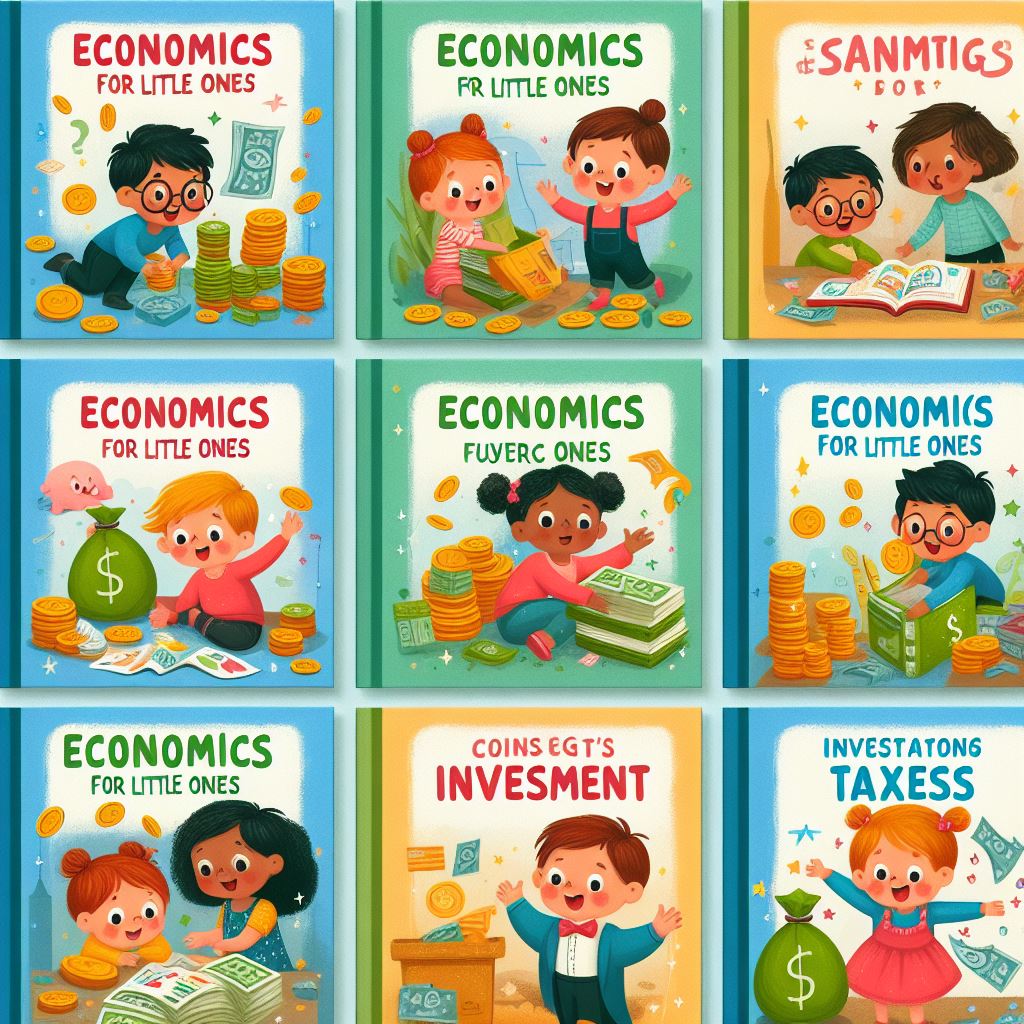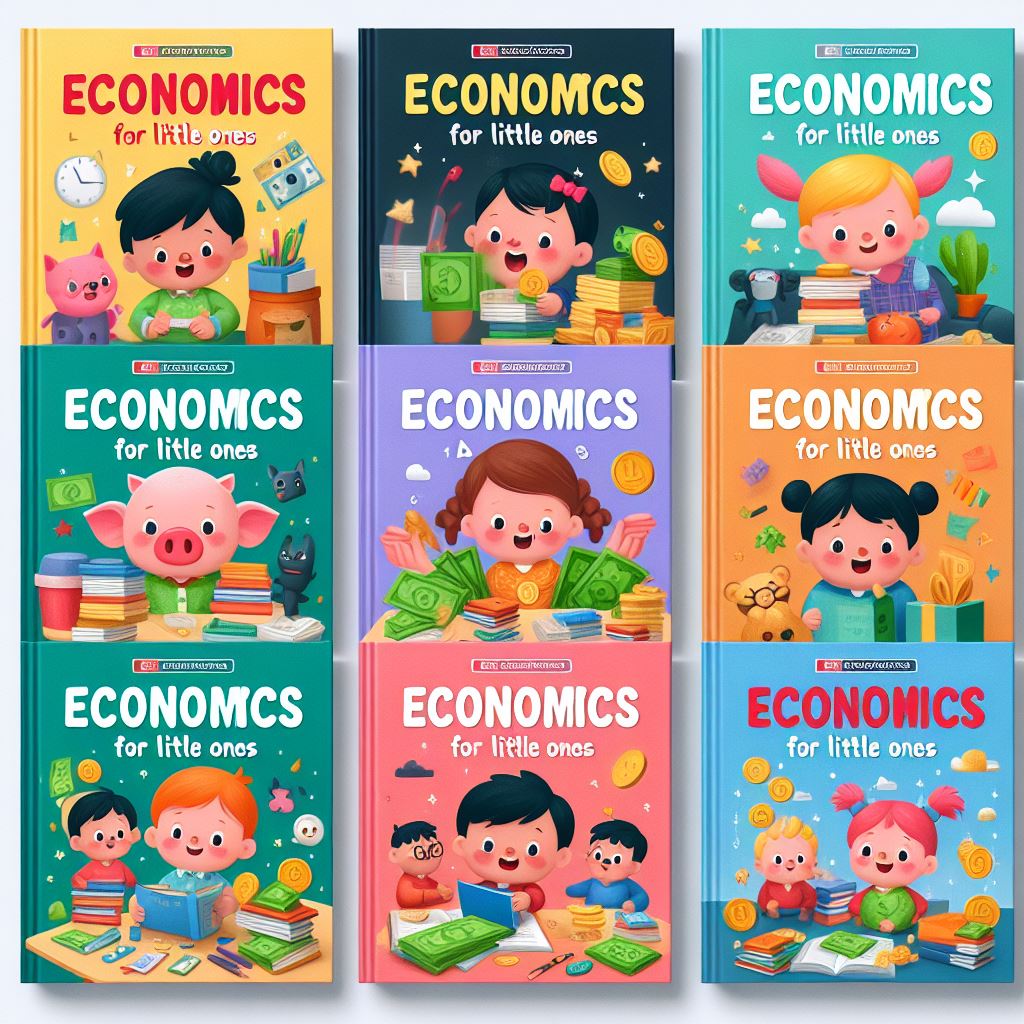Diving into the world of economics might sound like an adventure reserved for adults, but it’s actually a fascinating journey that kids can join too! By simplifying the concepts and using examples from the digital age and beyond, we can uncover how economics plays a crucial role in our daily lives, even for the youngest members of our society. This guide aims to demystify the economy using contemporary examples and easy-to-understand language, making the subject accessible and engaging for kids.
Introduction to Economics

At its core, economics is about choices and consequences. It looks at how people, businesses, and governments decide to allocate their resources, like time, money, and labor, to produce and exchange goods and services. It’s a story of how these groups interact within a market to make decisions that shape our world.
The Mechanics of the Economy
The heartbeat of the economy is the interplay between supply (how much of something we have) and demand (how much of it people want). This relationship influences everything from the price of toys to the cost of a family vacation.
Contemporary Illustrations of Economic Principles
1. Starting a YouTube Channel: Consider launching a YouTube channel as a modern twist on the classic lemonade stand. The more viewers you attract (demand), the more you can earn from ads (supply of money). This real-world example shows how digital platforms create economic opportunities.
2. Smartphone Apps: The apps on your phone are another great example. Popular apps are in high demand, and if they’re rare or offer unique features, developers can price them higher. This is supply and demand in the digital realm.
3. Environmental Conservation: Economics isn’t just about money; it’s also about resources like water and trees. When we conserve or use these resources wisely, we’re making economic decisions that can impact the planet and its future.
The Importance of Understanding Economics
Grasping basic economic concepts helps us navigate the world more effectively. It teaches us about value, the importance of resource management, and the impact of our choices on our personal lives and the environment. For kids, learning about economics means gaining tools for making smart decisions about saving, spending, and even how to contribute to a sustainable future.
Simplified Economic Concepts for Kids
- Budgeting: Like planning how to spend an allowance, budgeting involves making choices about how to use limited money for different wants and needs.
- Financial Goals: Setting goals, like saving for a new game, teaches about delayed gratification and planning for the future.
- Economic Systems: Understanding different ways countries manage economies, such as through free markets or government control, shows how diverse economic strategies can be.
- Global Trade: Learning about how countries trade goods and services can explain why our favorite products come from around the world and how that affects their price.

FAQs for Young Economists
- Q: How can kids start learning about economics?
A: Kids can begin by observing everyday transactions, asking questions about prices and decisions, and playing games that simulate economic activities. - Q: What’s the best way to explain inflation to a child?
A: Use simple examples, like how a candy bar’s price goes up over time, to illustrate how money buys less than it used to, highlighting the concept of inflation. - Q: Can learning about economics help kids in school?
A: Yes, understanding economics can enhance math skills, critical thinking, and social studies knowledge, making it a valuable interdisciplinary subject. - Q: Are there interactive tools or apps for learning economics?
A: Absolutely! Many educational apps and games are designed to teach financial literacy and economic principles in an interactive and engaging way.
Conclusion
Introducing kids to economics isn’t just about teaching them to manage money—it’s about opening their eyes to how the world works, the value of resources, and the power of informed decision-making. By using relatable examples from both the physical and digital worlds, we can make economics an exciting adventure that prepares children for a future of financial savvy and responsible citizenship. Remember, every purchase, save, or investment is a step on the fascinating path of economics. Let’s encourage the next generation to embark on this journey with curiosity and enthusiasm!